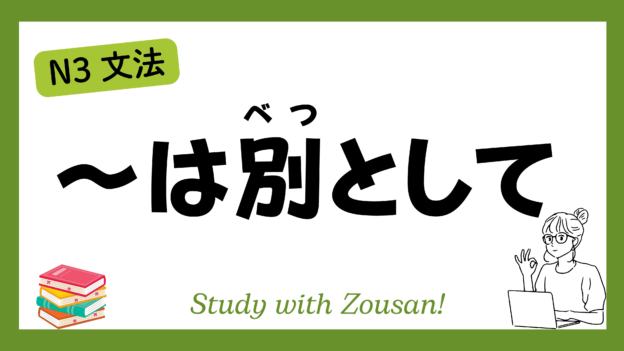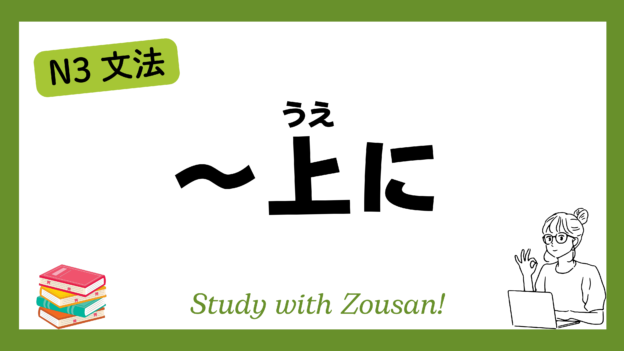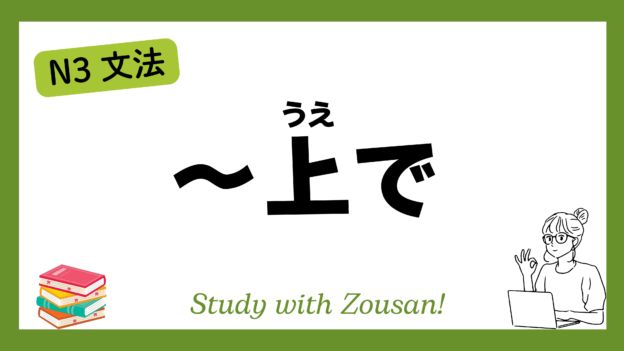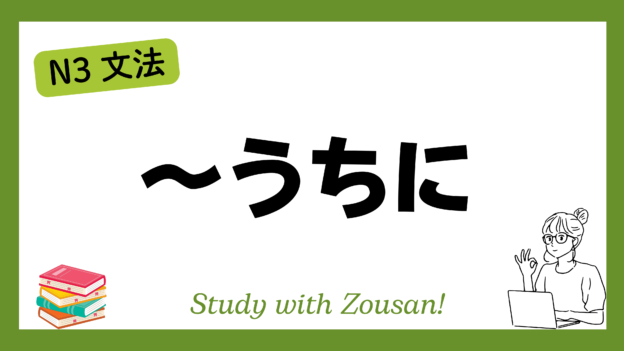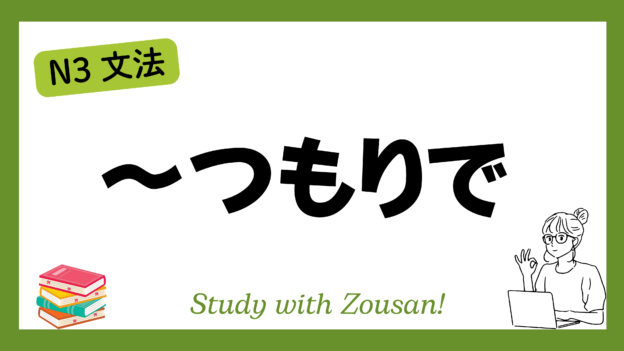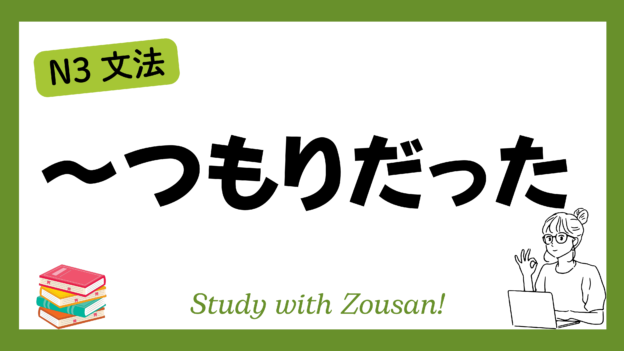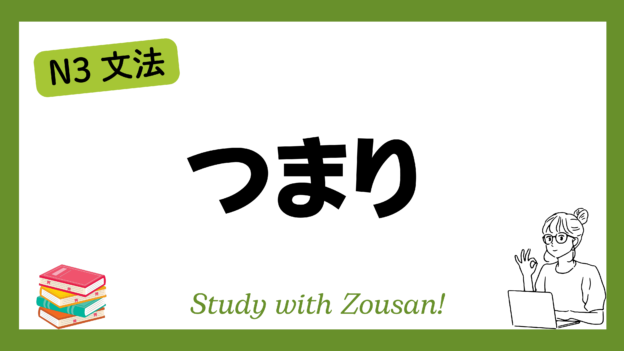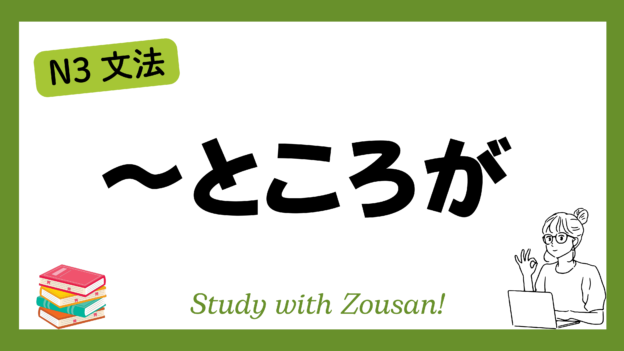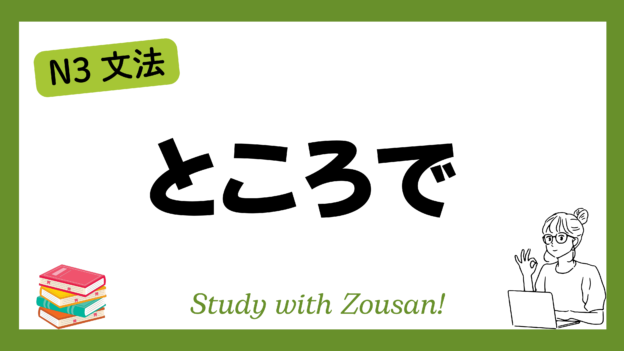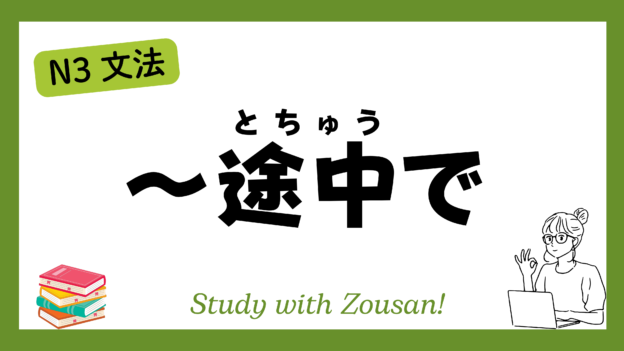Meaning: “Apart from…” / “Setting aside…” / “Not considering…”
The structure “~は別として” is used when the speaker wants to temporarily set aside or disregard a specific element in a discussion or evaluation. It is a way to separate an unrelated or unnecessary factor from the main part of the conversation or argument.
※Note:
- “~は別として” is commonly used to set aside an unimportant or different factor from the main topic.
- This structure helps the speaker focus on the main point without being influenced by the separated factor.
Structure:
| Noun | + は別として |
| Verb (casual) + かどうか | |
| な-adjective + かどうか | |
| い-adjective + かどうか |
Example:
-
-
-
🌟 天気は別として、今日は楽しい一日だった。
(てんき は べつとして、きょう は たのしい いちにち だった)
Apart from the weather, today was a fun day. -
🌟 値段は別として、このホテルのサービスは素晴らしいです。
(ねだん は べつとして、この ホテル の サービス は すばらしい です)
Apart from the price, the service at this hotel is excellent. -
🌟 結果は別として、今回の経験は貴重でした。
(けっか は べつとして、こんかい の けいけん は きちょう でした)
Apart from the result, this experience was valuable. -
🌟 個人的な感情は別として、彼の意見には賛成です。
(こじんてき な かんじょう は べつとして、かれ の いけん には さんせい です)
Setting aside personal feelings, I agree with his opinion. -
🌟 品質は別として、この商品は値段が安いです。
(ひんしつ は べつとして、この しょうひん は ねだん が やすい です)
Aside from the quality, this product is cheap. -
🌟 外見は別として、彼はとても優しい人です。
(がいけん は べつとして、かれ は とても やさしい ひと です)
Apart from his appearance, he is a very kind person. -
🌟 見た目は別として、この料理は本当に美味しいです。
(みため は べつとして、この りょうり は ほんとう に おいしい です)
Setting aside the appearance, this dish is really delicious. -
🌟 時間は別として、問題は特にありません。
(じかん は べつとして、もんだい は とくに ありません)
Aside from the time, there are no particular issues. -
🌟 コストは別として、このプランは良いアイデアです。
(コスト は べつとして、この プラン は よい アイデア です)
Apart from the cost, this plan is a good idea. -
🌟 性格は別として、彼は仕事がとても優秀です。
(せいかく は べつとして、かれ は しごと が とても ゆうしゅう です)
Setting aside his personality, he is excellent at his job.
-
-


